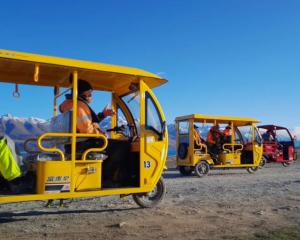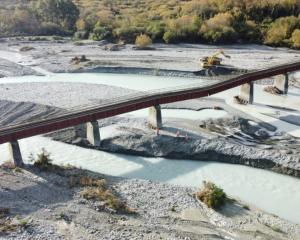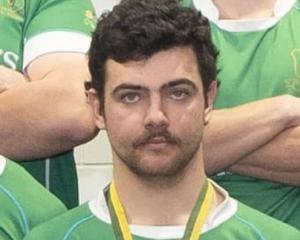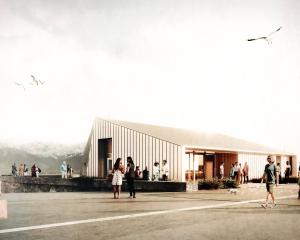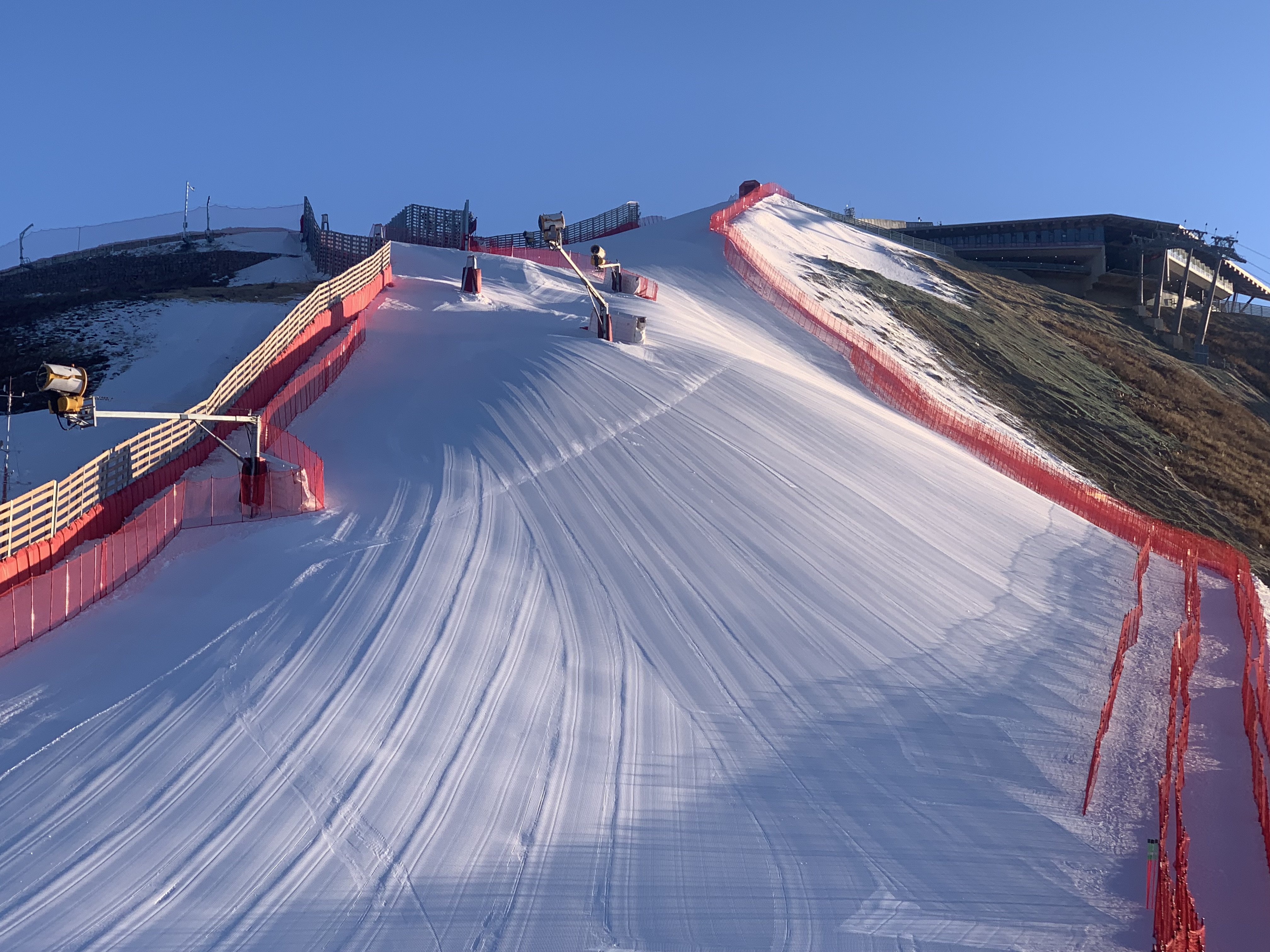
When Craig Ovenden started skiing, he knew the best way to get better at it was to do a lot of it — and the best way to do a lot of it was to work in it.
Originally from Hawke’s Bay, Mr Ovenden’s first job in the ski industry was at Mt Cheeseman, in 1981. With experience as a diesel mechanic, he was hired as the "maintenance guy" and enjoyed being able to combine his skills and passion for skiing into a job.

A couple of years at Mt Cheeseman morphed into a 40-year career in the ski industry. Since 1981, the only winter he has not worked at a skifield was 1984, a bad year for snow.
After spending 14 years at Porters skifield in Canterbury, he went overseas, working in commercial grooming in the United States and Japan.
Since returning to New Zealand in 2003, he has worked at Ohau Snow Fields as field manager.
However, out of the winter season, his skills have continued to take him all over the world, including to the Winter Olympics.
Mr Ovenden’s first snowmaking job at a Winter Olympics was in Vancouver in 2010. A former colleague from Porters was running the biathlon, cross-country and Nordic ski jump courses, and knew Mr Ovenden had experience in snowmaking at test events leading up to the Nagano Winter Olympics in Japan in 1998.
"He knew what I could do, and he knew me, and wanted to know if I would to come over and groom — I said, ‘Yeah, sure’," he said.
Connections made in Vancouver led to him becoming involved in the Sochi Winter Olympics in Russia in 2014, PyeongChang in 2018 and, most recently, Beijing. He has also worked at world cups and test events leading up to the Olympics across the world.
"Once you’re in, and if you do a good job, you get asked to do other events," he said.
The past three Olympics have been held at brand-new venues, and the ski courses were built years in advance. For the Beijing Olympics, he first went to the site in 2018, and returned each New Zealand summer, except the 2020-21 summer, to get it ready. He did not make it over in 2020-21 after his house was damaged in the Ohau fire.
Leading up to this year’s Winter Olympics, Mr Ovenden arrived in China in November 2021, and did not return home until March. It was a long time to be away from home, and he was "very fortunate" Ohau Snow Fields owners Mike and Louise Neilson allowed him to take time off work to be there.
Building the artificial snow courses was a tedious process, from pouring thousands and thousands of litres of water down them, to slowly grooming them over and over again. In the final stages, Mr Ovenden was working 16- to 18-hour days.
Once racing got under way, groomers were stationed at various locations down the course in case something happened. But Mr Ovenden has never had to go on to the course with a machine on race day.
This year, he was one of four New Zealand snowmakers at the Olympics. They did not have much involvement with the athletes, especially this year due to Covid-19 restrictions, and the only New Zealand skier at his venue was Queenstown’s Alice Robinson.
"We caught up with her and her coach, and a few others," he said.
Mr Ovenden had always been good at snow management, but race tracks were a "whole different game". At the Olympics, he was surrounded by experts, and enjoyed soaking up all the knowledge and refining his craft.
"I’ve learnt a lot about how to make a race course, what to look for and then what to do with it."
The Olympic and world cup courses he built were "horrible" for recreational skiiers, he said.
"It’s hard and very slippery — world cup and Olympic skiiers carve it up like it’s butter."
But he was still able to use his experience to benefit Ohau, by hosting international ski teams, including United States ones, at the snow fields and lodge for training.
"I apply the same techniques that I’ve learnt building world cup courses to the course at Ohau — and get great feedback from coaches and athletes here," he said.
Mr Ovenden was looking forward to this winter at Ohau, hosting international teams again for the first time since 2019. Teams from Sweden, the US, Norway and Austria were all booked in to train at the Waitaki skifield.
Snowmaking at Ohau was set to start on June 1.
"We’re in good shape in terms of readiness," he said.
"There’s always something to do. It’s much like farming. Every time you turn a corner there’s a fence to repair or a roof that’s blown off — part of the cafe roof blew off the other day, but it’s back on now."
Since their house was damaged in the Ohau fire, Mr Ovenden and his wife have been living at a friend’s house located between the village and Lake Ohau Lodge. They have plans in with the Waitaki District Council to rebuild.
Mr Ovenden hoped to keep up his involvement at future Olympics as he enjoyed the challenge and the atmosphere.
"It’s a great event to be involved with. I’m a great speed skier race spectator — I like watching the racing. It’s a good atmosphere, it’s a good thing to be part of."
The 2026 Winter Olympics are in Italy — and his wife would like to join him for that trip.
"Out of all of the Olympics I’ve been to, this is the only one my wife wants to go to," he said, laughing.
But his services might not be required in Italy, which he expected would be well set up. It already regularly hosted world cup and other events.
"They’ve probably got plenty of drivers to take care of business there, but if the opportunity came up, definitely I’d head over," he said.



